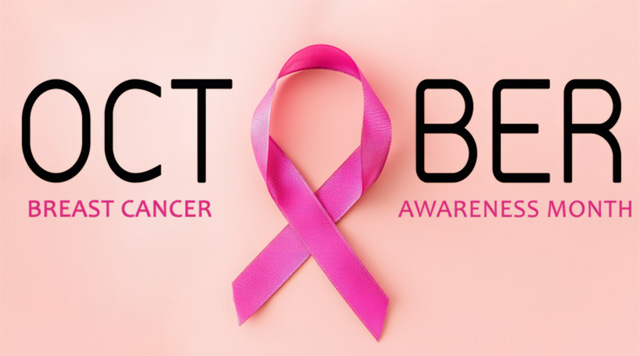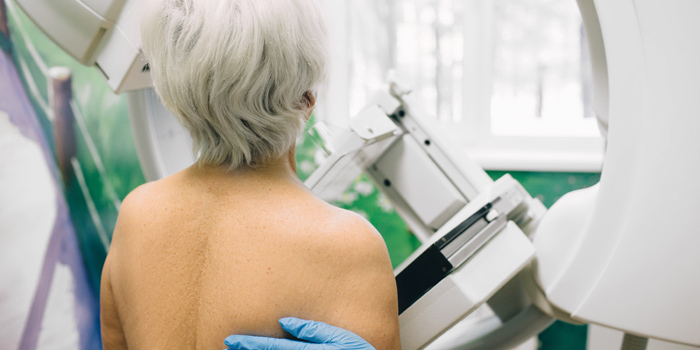It’s a question many adult children ask as their mothers age: Is Mom too old to need a mammogram? After decades of routine screenings, it’s natural to wonder whether the benefits still outweigh the risks. But the answer isn’t one-size-fits-all, and it’s more nuanced than age alone. During Breast Cancer Awareness Month, the topic is a good one to bring up.
Screening vs. Surveillance: What’s the Goal?
Mammograms are primarily used to detect breast cancer early, often before symptoms appear. For women in their 40s to 70s, regular screenings have been shown to reduce mortality. But as women age beyond 75, the decision to continue mammograms depends on several factors:
- Overall health and life expectancy
- Personal and family history of breast cancer
- Willingness to pursue treatment if cancer is found
If Mom is in good health, active, and would opt for treatment if needed, continuing mammograms may still be worthwhile. On the other hand, if she’s facing multiple chronic conditions or would decline aggressive treatment, the risks of screening — false positives, anxiety, unnecessary biopsies — might outweigh the benefits.
What Do the Experts Say?
Guidelines vary. The U.S. Preventive Services Task Force states that evidence is insufficient to assess the balance of benefits and harms of screening mammography in women aged 75 and older. Meanwhile, organizations like the American Cancer Society suggest continuing screenings as long as a woman is in good health and expected to live at least 10 more years.
Translation? It’s a personal decision that is best made in consultation with Mom’s doctor, factoring in her values, health status, and preferences.

The Emotional Side of the Conversation
For many families, this isn’t just a medical decision, it’s an emotional one. Some daughters feel guilty suggesting Mom skip a mammogram. Others worry about burdening her with unnecessary procedures. And some moms insist on continuing, saying, “I’ve done it every year, I’m not stopping now!”
The key is open, respectful dialogue. Ask Mom how she feels about screenings. Share your concerns. And remember, honoring her autonomy is just as important as protecting her health.
A Practical Framework
Here’s a simple decision-making guide:
- Is Mom over 75? → Consider her overall health and life expectancy.
- Is she in good health and open to treatment? → A mammogram may still be beneficial.
- Would she decline treatment anyway or find screening distressing? → It may be time to stop.
- Still unsure? → Schedule a conversation with her primary care provider.
Final Thoughts
Aging doesn’t mean giving up on health — it means tailoring care to what matters most. Whether Mom continues mammograms or not, the goal is the same: to support her well-being with compassion, clarity, and respect.

